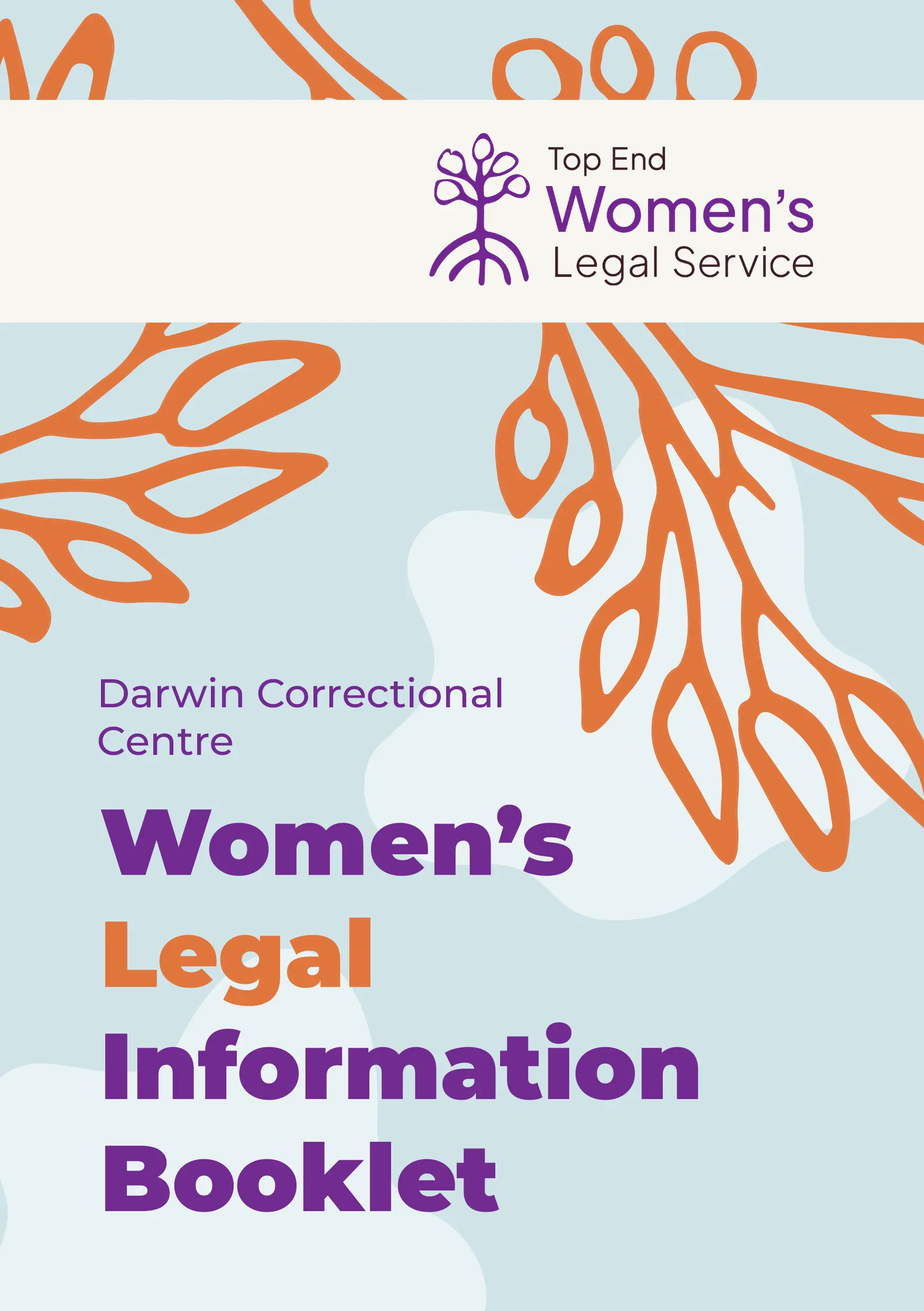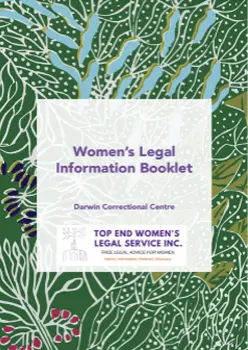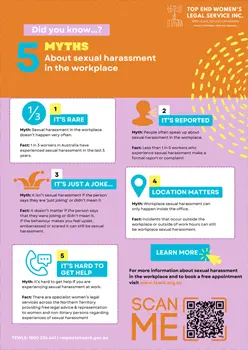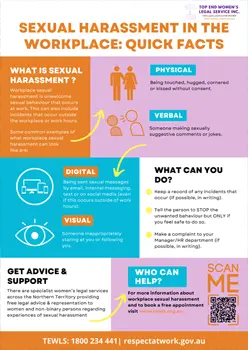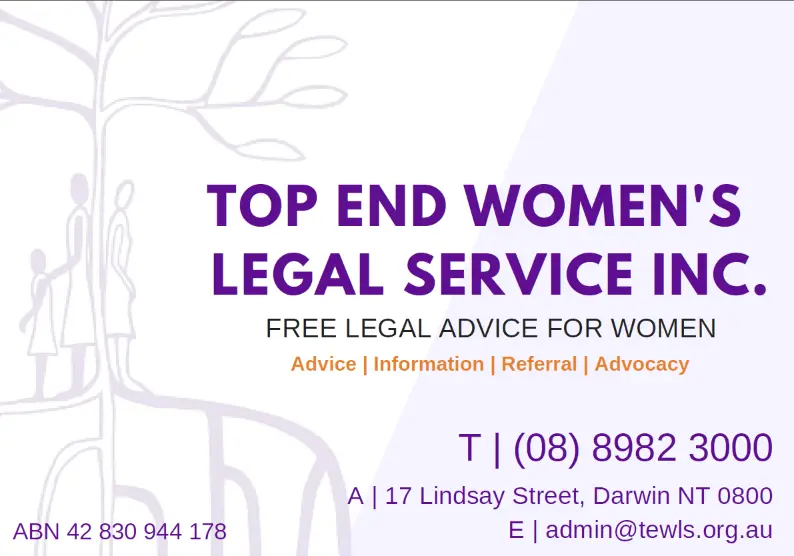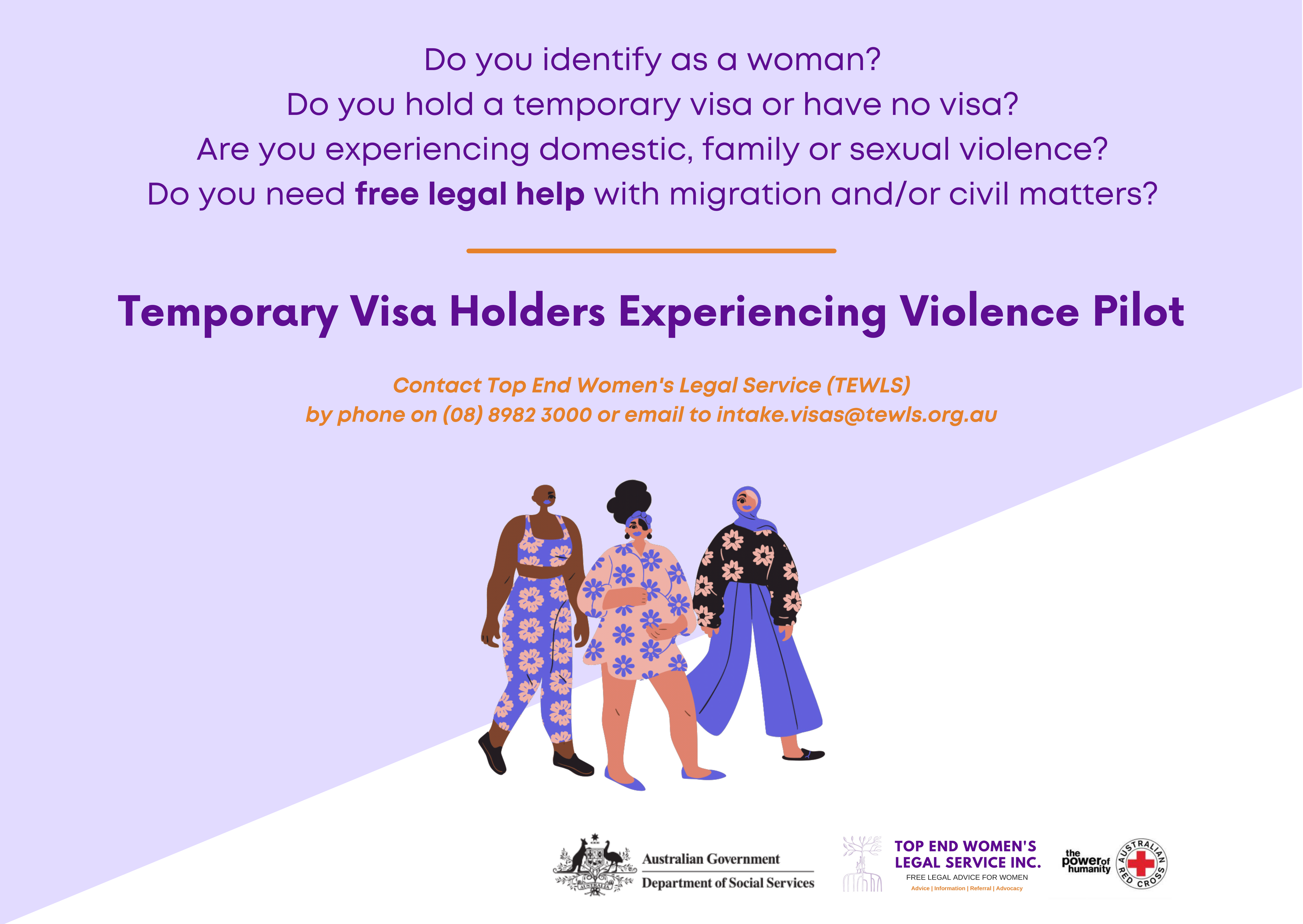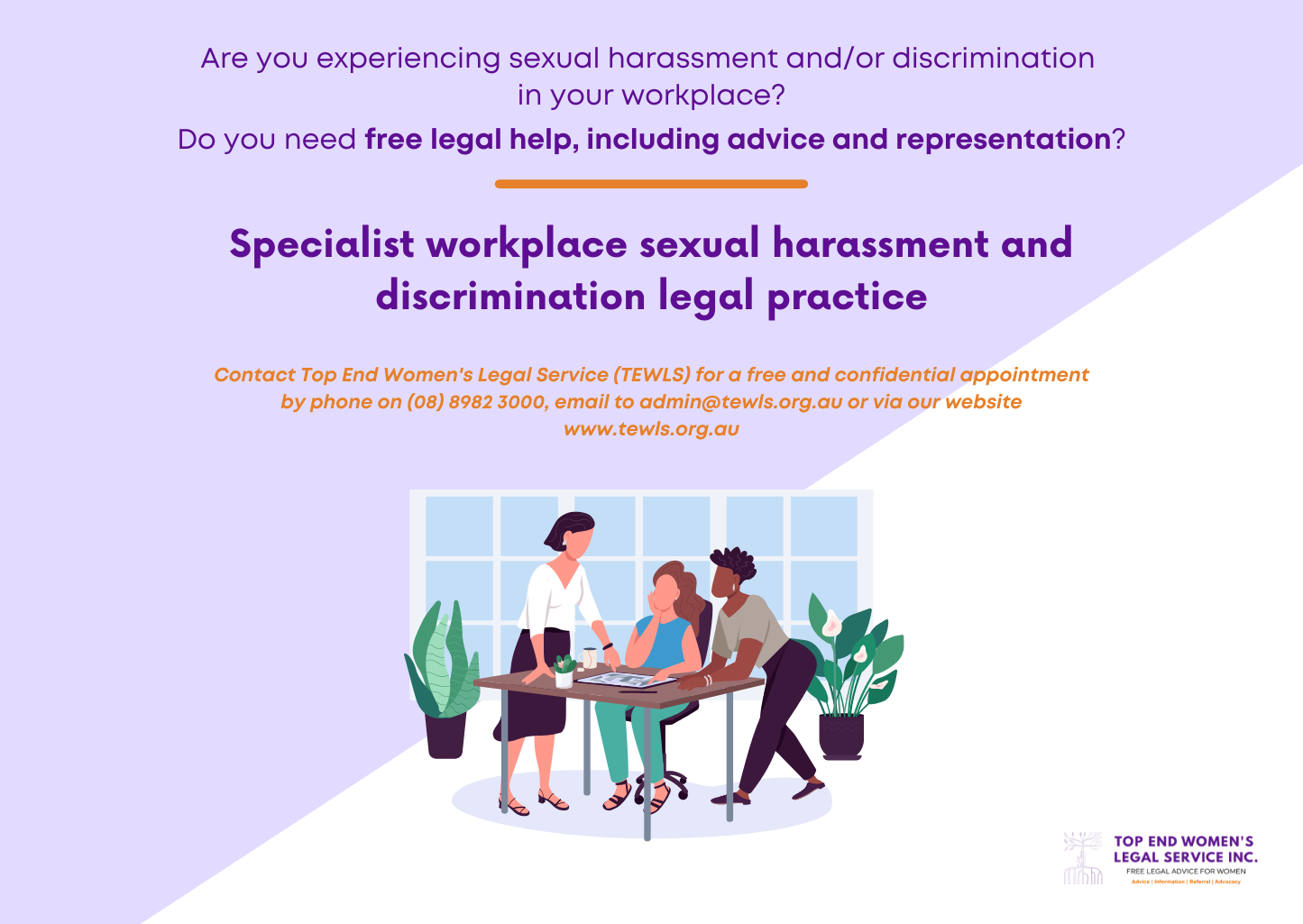Remember, deleting large parts of your internet history may be dangerous. This is because it may tell someone that you do not want your internet history to be found.
If you need help with online safety and/or technological safety, you can visit the eSafety Commissioner website here or you can call 1800 RESPECT on their 24-hour telephone counselling and support service. If you are in danger, you should call the Police on 000.


